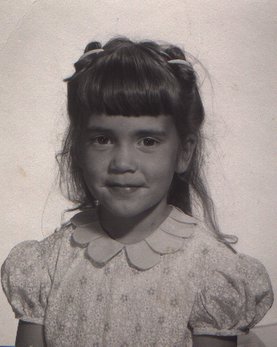Monday, May 03, 2004
Abu Ghraib
I'm reminded of a talk Jeremiah Healy gave last fall, in which he led us through an escalating series of questions to make us think about how brutal we would allow ourselves to be to a fellow human if we thought that brutality would elicit information from that fellow human that, if known, could prevent harm to others. Most of us have probably discussed or at least thought about that question and variants thereof.
The news re Abu Ghraib and the defense that the soldiers were only doing what they were doing because "This is how military intelligence wants it done." reminded me of those entirely academic discussions.
What is Evil? Would you torture a child, whose parent might break down and provide information that would stop the massacre of thousands? Would it make a difference if you knew for sure that the parent had the information even though you didn't know for sure that the parent would crack?
Seymour Hersh has a thought-provoking article titled "Torture at Abu Ghraib" in the New Yorker this week.
The news re Abu Ghraib and the defense that the soldiers were only doing what they were doing because "This is how military intelligence wants it done." reminded me of those entirely academic discussions.
What is Evil? Would you torture a child, whose parent might break down and provide information that would stop the massacre of thousands? Would it make a difference if you knew for sure that the parent had the information even though you didn't know for sure that the parent would crack?
Seymour Hersh has a thought-provoking article titled "Torture at Abu Ghraib" in the New Yorker this week.
: views from the Hill
Bertold Brecht:
Everything changes. You can make
A fresh start with your final breath.
But what has happened has happened. And the water
You once poured into the wine cannot be
Drained off again.
Everything changes. You can make
A fresh start with your final breath.
But what has happened has happened. And the water
You once poured into the wine cannot be
Drained off again.


